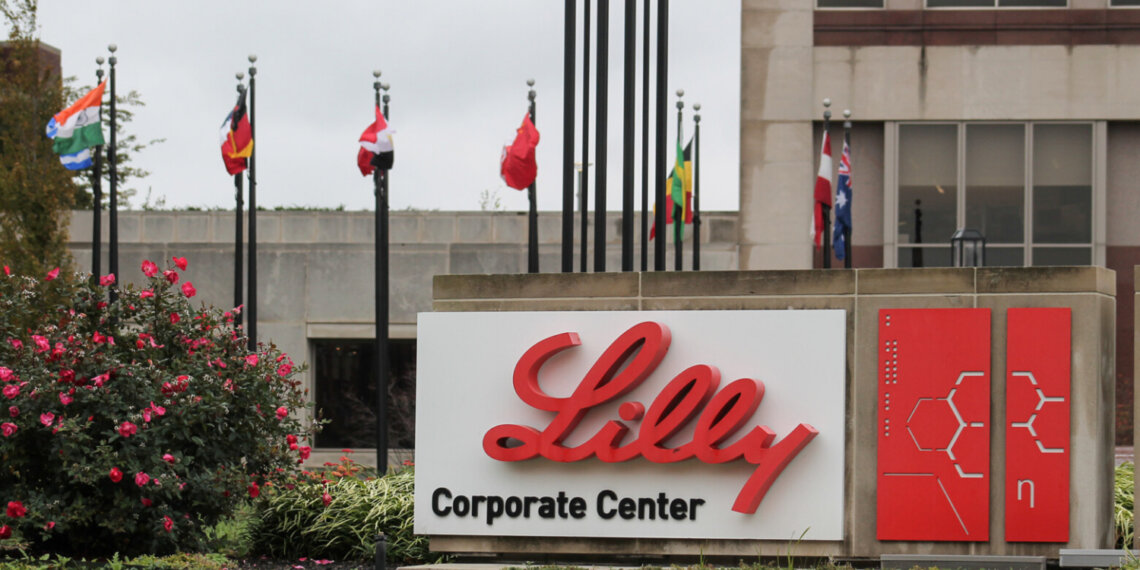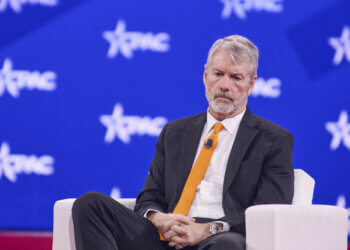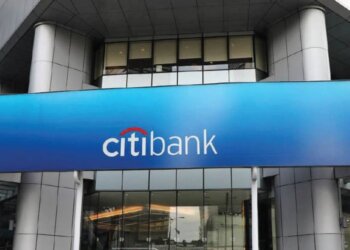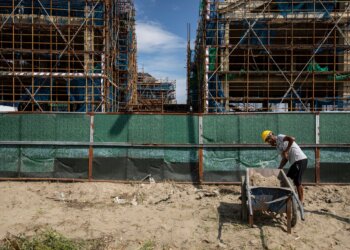Eli Lilly reported a 45% Q1 revenue jump to $12.73 billion, surpassing Wall Street’s $12.67 billion forecast, driven by soaring demand for its diabetes drug Mounjaro ($3.84 billion) and weight loss drug Zepbound ($2.31 billion). Adjusted earnings of $3.34 per share beat $3.02 expectations. However, the company cut its 2025 profit guidance to $20.78-22.28 per share from $22.50-24, citing a $1.57 billion charge from acquiring a Scorpion Therapeutics cancer drug.
CEO Dave Ricks told CNBC that Trump’s tariffs, not yet factoring pharmaceutical import levies, are spurring U.S. manufacturing investments. “The threat of tariffs is bringing back critical supply chains,” Ricks said, advocating for a 15% tax rate to incentivize domestic production. U.S. sales rose 49%, though lower drug prices offset volume gains. Shares fell 7% after CVS Health favored Novo Nordisk’s Wegovy over Zepbound.
The FDA’s December ruling ending the tirzepatide shortage bolstered Lilly’s supply chain. Despite the profit cut, Lilly’s robust drug sales and manufacturing focus position it to navigate trade and competitive pressures effectively.










